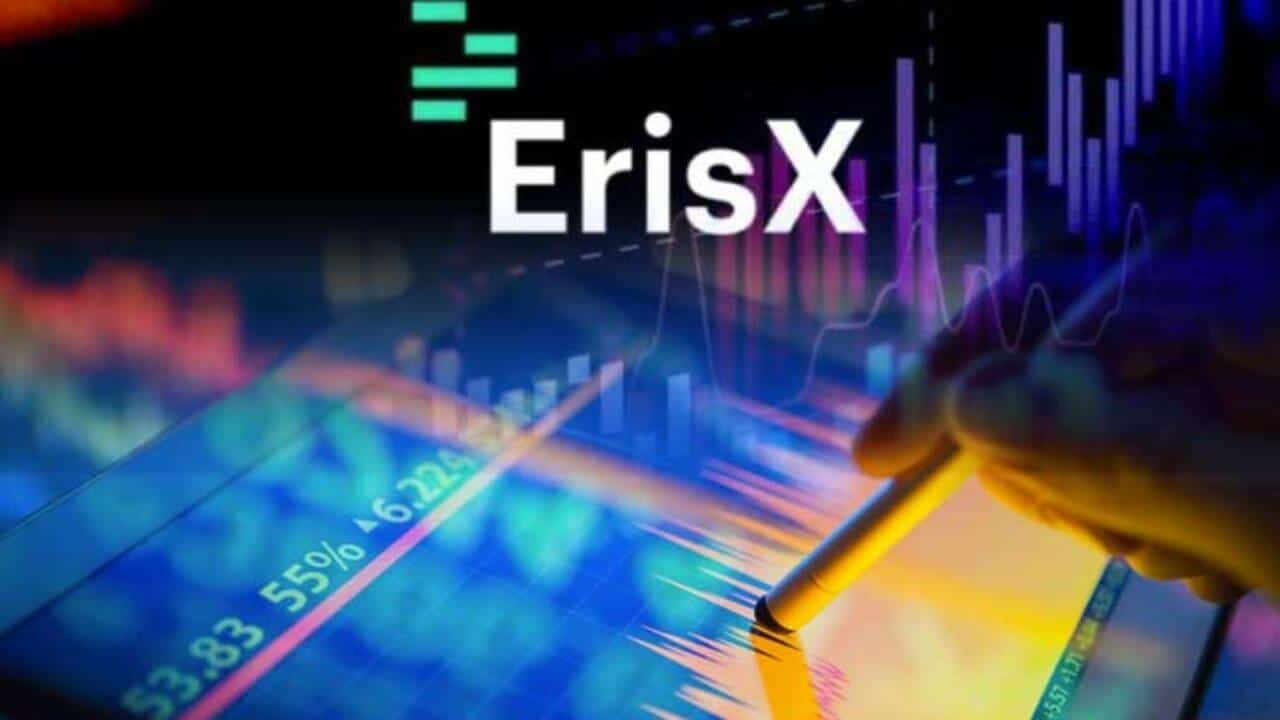Join Our Telegram channel to stay up to date on breaking news coverage
DBS Bank, a commercial banking institution based out of Singapore, is the latest in the growing list of conventional banks, including blockchain tech in their banking process. The bank, which is a subsidiary of the DBS Group Holdings, has announced a partnership with blockchain trade network Contour to integrate the technology in its trade settlement processes.
Traditional Banks Embrace Blockchain for Transaction Upgrades
DBS is one of Singapore’s largest and most progressive banks, as it recorded $10.28 billion in revenues for 2016. According to a May 11 report from the local business outlet The Business Times, the bank has announced that it would be joining with Contour on launching a credit settlement system.
Contour, which uses Corda, is a blockchain-based trade platform located in Singapore. The platform was founded by several other commercial banks, including BNP Paribas, Bangkok Bank, ING, HSBC, Standard Chartered, and Citi Ventures.
Per the report, Contour will be able to provide a 360-degree credit settlement model for its users. DBS, however, is looking to digitize the process of issuing letters of credit settlement. As it explains, the implementation of blockchain will help it to reduce settlement time, move it off excessive paperwork processes, and make trading even simpler.
Apart from helping with this, Contour will also reportedly help to optimize electronic trade transfers and all forms of title certificate transactions.
DBS stated that this collaboration with the growing blockchain-based banking platform would simplify trade processes. Per the report, the bank’s corporate customers will be able to handle pre-issuance price haggling virtually and in real-time via the platform. Having conducted negotiations with the beneficiary, corporate clients will also be able to share information with the bank to issue the letters of credit.
Ultimately, this will not improve the timeliness of the issuance process and also take a massive responsibility off both the bank and its corporate customers since it will issue letters of credit more accurately. In cases where there might be discrepancies in records, Contour platform will also help with faster conflict resolution.
Carl Wegner, Contour’s chief executive, has stated that the Blockchain inclusion in DSB’s process is a necessary upgrade to promote transparency between banks and their corporate clients. This blockchain upgrade will help to manage all necessary information digitally, he maintained.
Blockchain Networks and Improving Traditional Banks’ Processes
Undeniably, the rise in need for virtual banking – especially amid the current COVID-19 pandemic – has been a significant driver for blockchain innovation. Apart from its ability to help streamline their operations, banks have also been more encouraged to adopt the technology to make several processes faster and bring them closer to true digital banking innovation.
Chief Global Transaction Services at DBS Bank, John Laurens, claimed that the historic inclusion of blockchain for conventional banking was not just a mere transition from paper to digital. As he explained, the digital transaction options that blockchain can provide banks that will help to achieve speed and security. It is especially more prominent in a critical period like this.
Join Our Telegram channel to stay up to date on breaking news coverage


